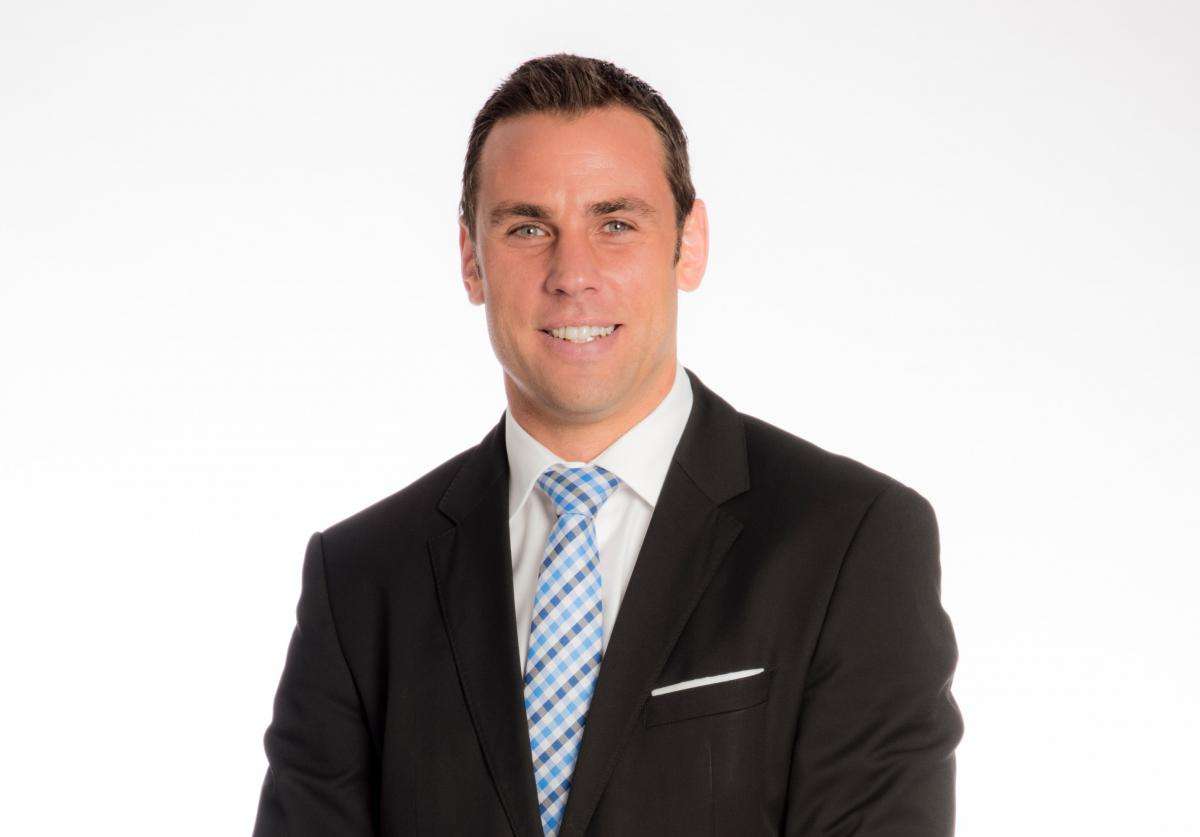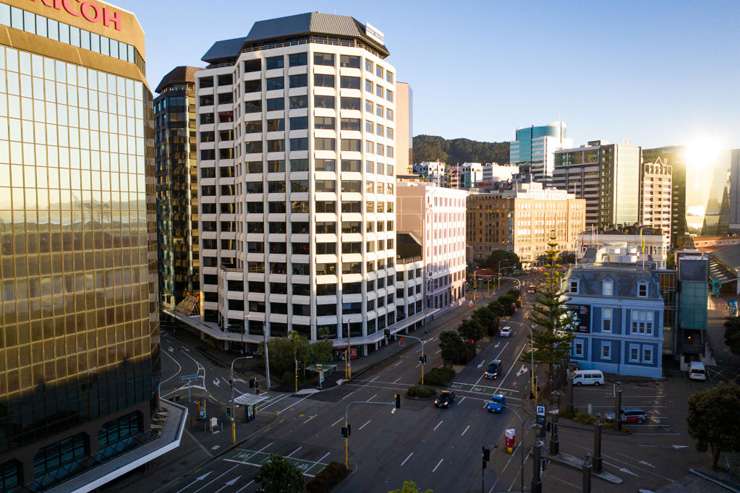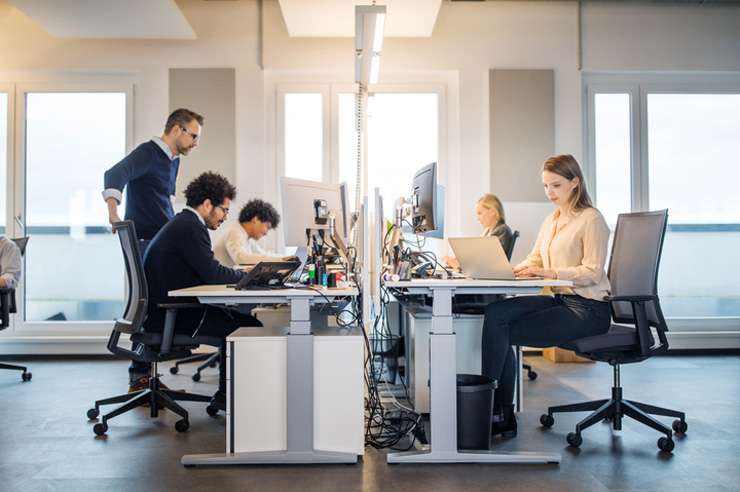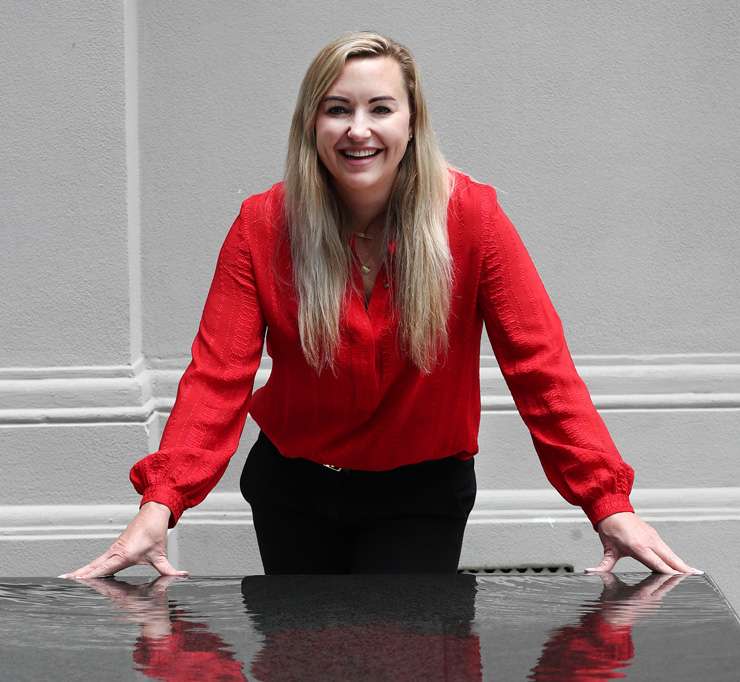Kiwis have dived into the world of working from home so successfully the question now being raised is: do we need to go back to the office at all?
Lloyd Budd, Bayleys commercial director for Auckland, says he’s getting asked that all the time and the overwhelming answer is “yes, we do” but the office will be different.
Nothing replaces the importance of water cooler moments where ideas are exchanged, but you might find there is no more hot-desking and that over time offices are retrofitted to include materials like antibacterial desktops.
The way businesses operate in terms of how they use their floor space will also likely change.
Start your property search
Ten years ago, the trend was Hub and Spoke workplaces, where a big, corporate headquarters had spokes around the city people could work from.
Now, the trend is Core and Flex, and we’re likely to see more of this model, Budd says, where the spokes disappear for reasons of efficiency in favour of a return to single work hubs.
Businesses will tend to take a core presence somewhere but with a “flex” component, where they might take some coworking space for a particular project.

Lloyd Budd, Bayleys commercial director for Auckland, says the office won’t die but it will change. Photo / Supplied
“They’ll start to be a bit more flexible with growth space rather than signing 10-year leases on campus-style offices, because those (leases) aren’t easy to get out of.”
Research shows nearly half the world’s biggest companies believe flexible office space will make up 20 per cent of their office space in the next three years, he says.
Number 8 wire
Whether office space is needed at all in a post-Covid 19 world is being debated but Budd says working from home has some issues and the workplace is still the social fabric behind great ideas.
“Fundamentally, I believe in the need for human interaction. We are social beings.
“We see it as that innovation, the Kiwi number 8 wire. You need those water cooler moments or those impromptu bump-into-someone on the stairs moments where you go ‘hey, I’ve got an idea I need to talk to you about’ and that’s a catalyst for a whole work stream that pops up from it. So that social fabric will not disappear.”

Wellington CBD slowly returns to life after the easing of Level 4 restrictions. Photo / Getty Images
The work-from-home model has potential distractions, like the cold of winter or heavy rain on a tin roof, or loud machinery, plus all the bad backs caused by people sitting on the couch to work or from sitting at a workstation that is not ergonomically correct – and that’s an issue for employers.
“I’m not worried about their productivity because I can monitor that but I’m worried about are they hunched over a desk? Are they sitting in an uncomfortable chair? I’m still employing them so I’m still responsible for their health and wellbeing under the Code so I do think there’s going to be a number of reasons why the workplace will survive, but it will be different.”
Antibacterial desktops
The most immediate concern with people returning to the office is going to be around health concerns, so putting up barriers between desks becomes an issue as does enabling distancing between people to occur, and what happens at the building’s entrance may change.
“When you check in at the front desk, will that take a little bit longer? Do we need to take your temperature or get you to make a declaration before you come into a building, which is what they’re doing in Singapore at the moment for example?”
Ventilation systems will become more important, and we’ll likely see different surfaces, like antibacterial desktops and brass door handles.
“You might see some retrofitting of some of the interior design elements to really promote that healthy workplace environment.

The traditional office meeting and other work scenarios where workers congregate in small rooms or in large numbers are likely to disappear and evolve. Photo / Getty Images
“I think we’re going to see both landlords and tenants increase their frequency of cleaning. The depth of cleans might increase. The visibility of cleaners might increase. Because keep in mind a lot of this is quite mental. It’s the perception, as well, of how safe people feel.”
The sharing of desks and keyboards will have to be suspended so Budd predicts a change back to a more dedicated desk, and workers are more likely to use tools like Zoom and Microsoft Teams rather than heading across town to see a client and so will no longer grab a coffee there while they’re out.
“Productivity will increase because of that I think and our spending patterns will change with those inner city retail habits.”
Working from home
Lizzi Whaley, the CEO of Spaceworks, which designs office interiors, has a slightly different take.
She thinks there will be a lot more working from home and says workplaces will radically change, requiring smaller square meterage and far fewer desks.
Bosses will be more considerate of people working from home, she thinks, because people have shown during the Level 4 lockdown they can be trusted to do their work.
Her own business will now ask potential employees if they are able to work from home and if not what they need to enable that.
During the lockdown her company asked people whether they had been more productive and while some said no, because they have had children home, they could also see they would be more productive in the future.
Working from home offers people true flexibility in terms of the hours, Whaley says, asking what does it matter if someone has their hair done at 11am if they get the work done?

Spaceworks CEO Lizzi Whaley: “There’s a personal benefit to being able to manage your own time, being able to commute less and having no parking and transport costs.” Photo / Fiona Goodall
“I think the whole attitude around workplace is going to change and the spaces that we actually come and congregate in as a workplace culture is going to be for the collaborative moments or for the socialisation for the benefit of company culture, so I think the work environment is going to be much more around the connectivity and coming together.”
Precious time will be saved, too, through people not travelling so much to and from work.
“As long as there’s a business positive and a work positive, then it’s a win-win for everyone involved, and there’s certainly a business cost benefit to having reduced space and to having increased productivity, and there’s a personal benefit to being able to manage your own time, being able to commute less and having no parking and transport costs.”
Her company plans to reduce desk numbers by half, and will introduce a roster while people get used to the principles of working from home, because physical distancing is likely to be around for a while.
She also thinks big corporates with thousands of metres of floor area and desk after desk will be looking at whether they still need that – and agrees that when people do get back to the office hygiene will be at the forefront.






























































